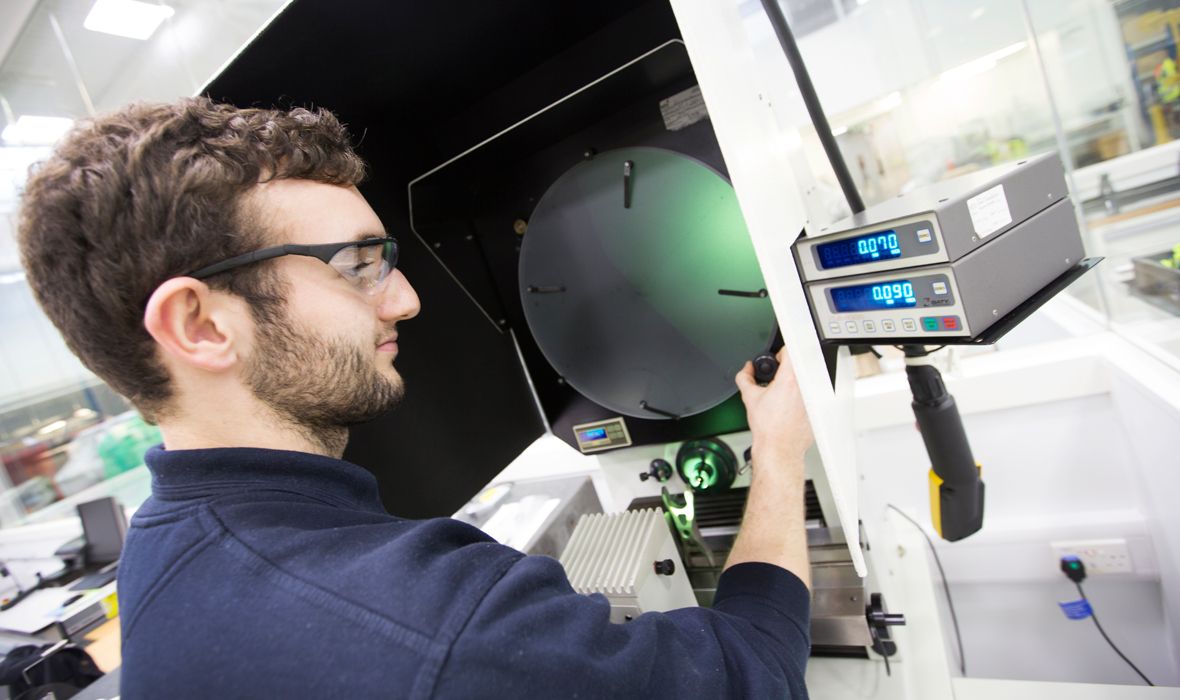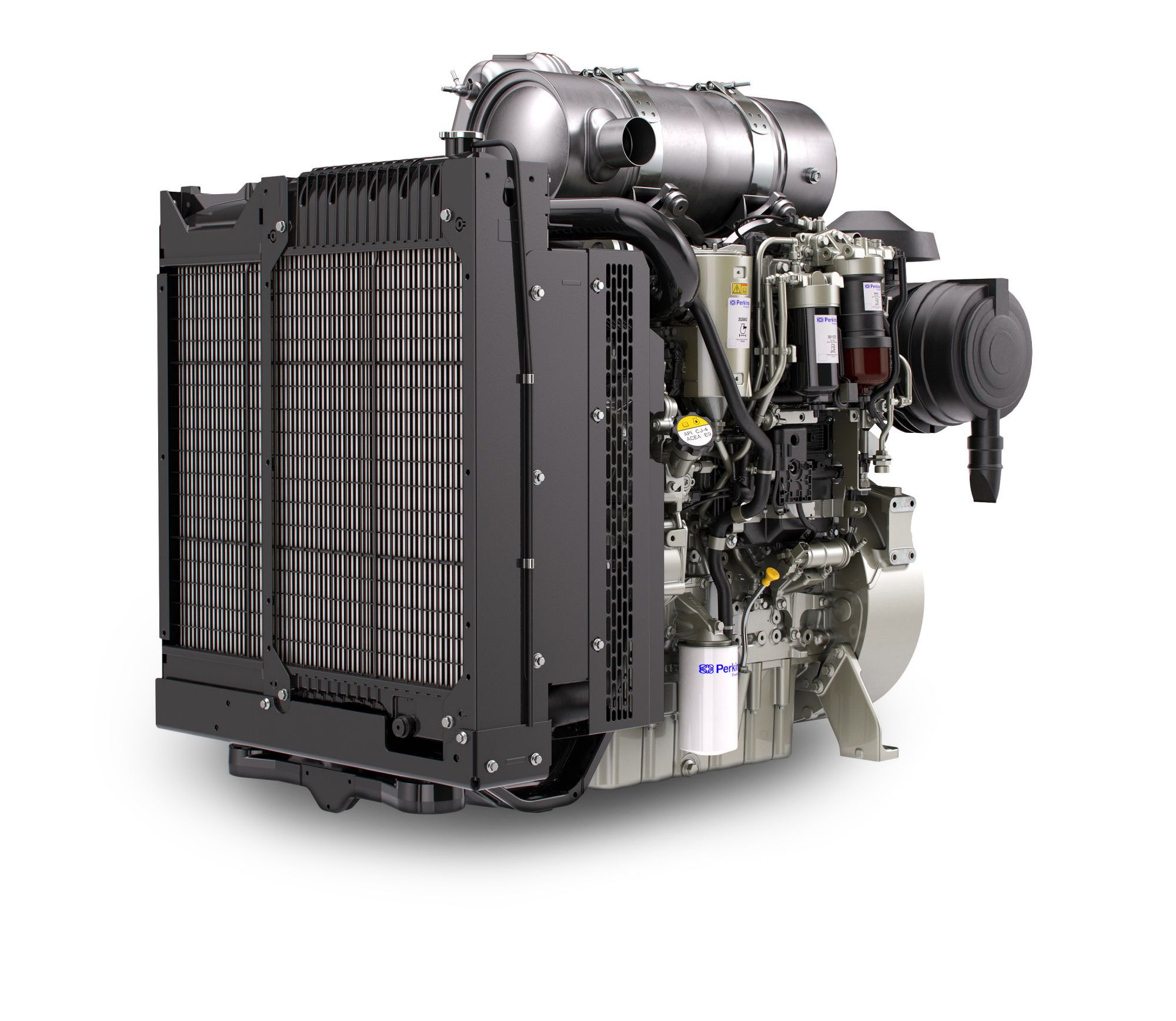Fuel quality
Perkins engineers its products to have a greater tolerance of poor quality fuel and can offer advice on the best way forward. The fuel systems in Perkins engines are developed to operate in real-world situations, providing a class-leading level of robustness. As an end user, you can do several things to help maintain the quality of the fuel you put in your engine.
Fuel quality around the world can vary markedly and this, in turn, can affect both the short-term performance of your engine, and potentially its long-term future because of the risks of increased contaminants entering the engine. Perkins engineers its products to have a greater tolerance of poor quality fuel and can offer advice on the best way forward.
The fuel systems in Perkins engines are developed to operate in real-world situations, providing a class-leading level of robustness. As an end user, you can do several things to help maintain the quality of the fuel you put in your engine. These are a few pointers:
Chemicals
Ensure your fuel is handled appropriately. In particular, you should avoid using containers for storage or fuel transfer that have previously been used for oil or other chemical storage. There could be residual fluid present that can be flushed from the container into the machine tank, which in turn can cause issues with deposit formation later in the fuel system’s life.
Additives
Only use Perkins approved fuel additives, as these have been developed for optimum performance, with the fuel injection systems matched to the Perkins engine. Other manufacturers’ additives can combine with chemicals present in fuel, especially ultra low sulphur diesel (ULSD) fuels, and these can cause filter plugging and internal fuel system deposits.
Water
You should monitor the water-in-fuel level by conducting regular visual checks – and also by monitoring the water-in-fuel switch status (if fitted). Modern fuel blends contain bio fuel content, which has increased water-in-fuel concentration. This means that the Perkins water separation systems will fill faster than with previous generations of fuel. Regular draining will prevent water carryover, and hence prevent subsequent corrosion in the fuel injection system and, as a result, the failure of the fuel injection system.
Tank breathers
It’s important to ensure that fuel tanks – not only on the machine itself but also on any fuel bowsers – have tank breathers incorporating filters and valves, which open and close on a change of pressure inside or outside the tank. The filter helps to prevent foreign material entering the tank, which can cause filter plugging and chemical reactions in fuel. The valves minimise the number of air exchanges in the tank to help with bio fuel stability, because they slow the rate of oxidation and hence the production of chemical plugging agents.
Filters
It’s paramount that you use the Perkins genuine fuel filters, available from your local distributor. There are many “will-fits” available on the market from other suppliers, but these frequently have inferior media – and that can result in dirt and water carry-over, or premature plugging. In turn, this can lead to damage of fuel pumps. Perkins fuel filters have been designed for optimum service life, with consideration paid to all environmental factors, including some of the lesser known considerations such as electrostatic charging of filter media and subsequent perforation.
Explore
-
Distributor locator
Your regional Perkins Distributor can provide local, on-the-ground engine support.
Learn More -
Powernews Q3 2022
Our digital magazine with the latest news, interviews and analysis.
Read more -
Request Consultation
If you're ready to receive trusted advice from a Perkins expert, speak to our team today.
Connect with us







